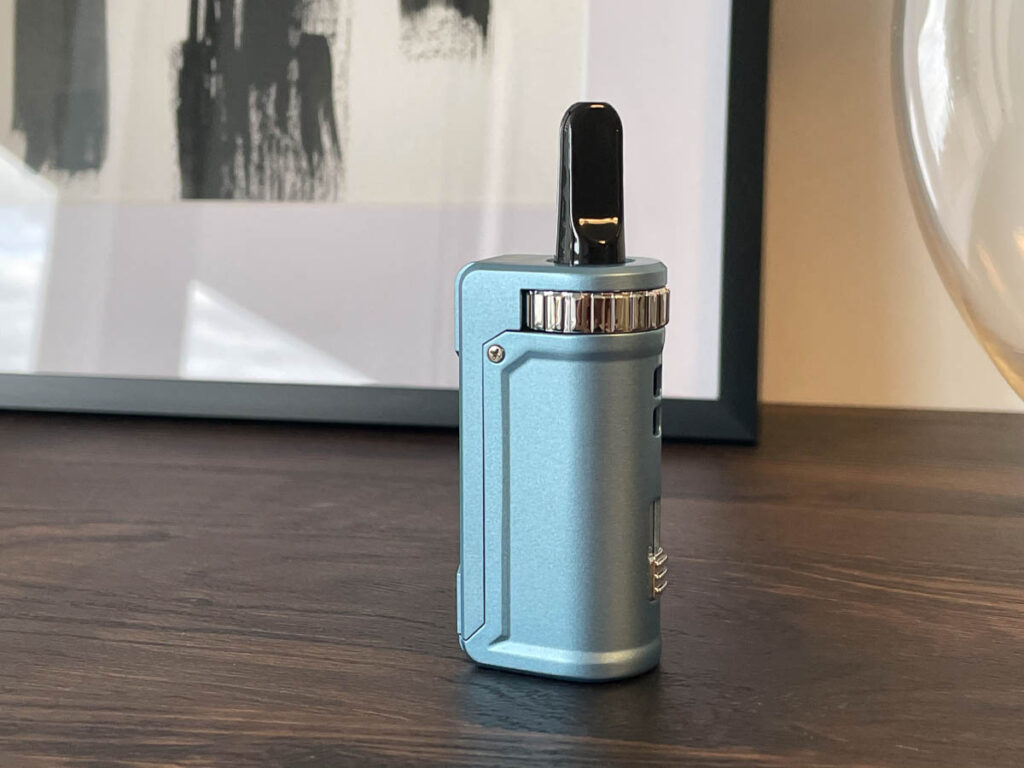
Form DS-3053 is a legal declaration of assent required for a minor under 16 to register for a U.S. passport in situations when just one legal guardian or parent may be present throughout the application process. This document is needed to prove that both parents or guardians by law agree that a passport should be issued to a minor. The absent parent/guardian must fill out the form and submit it with the passport application for the minor kid. The document is required to verify that both parents have given their approval for the kid to go overseas for the sake of preventing international kidnappings. Be aware that Passport Form DS3053 is not necessary if both parents may be present at the time of application. Nevertheless, if just one parent or legal representative is present at the time of application for a US passport, the form must be completed and submitted.
Cases that require completing Passport Form DS3053
The DS-3053 form is required to be completed when only one parent or authorized representative can attend in person at the time of application for a child under the age of 16 who is applying for a passport for the United States. This document is used to prove that a legitimate guardian or parent who is not present agrees for a minor to get a passport. This form should be filled out in the following instances:
- Separation or divorce. A notarized DS3053 from the absent parent is necessary if one parent has legal custody of the kid and the other parent is not present.
- Parental death. A notarized form DS-3053 from the surviving parent is necessary if the other parent has passed away.
- Exclusive parental control. The paper must be filled out and signed by both parents, even if only one parent has legal custody of the child.
- Unknown location of non-applying parent. It may be necessary to provide further proof that the applicant parent has made a reasonable attempt to identify the non-applying parent and acquire their agreement if the non-applying parent’s whereabouts is unknown.
Note that the above mentioned form is not needed if both parents can present in person with the minor kid at the time of application.
Notarization of DS3053 form
The DS-3053 form for a new passport must be notarized. To verify the validity of a signature, the form must be signed in the presence of a notary, who will then attach their seal or stamp to the document. A notary public is a neutral third party who attests to the signature’s authenticity by checking the signer’s identification, making sure the signature was made willingly and without coercion, and stamping the document accordingly. In order to avoid forgery and make the form legally enforceable, notarization is essential. The notary public cannot be a relative of the signer, a financial interest holder, or a party to the transaction, thus this is something to keep in mind. In addition to this, the notary must possess the appropriate credentials to carry out notarial acts in the state where the document is being signed.
Also, the DS-3053 form for obtaining a U.S. passport may be notarized by an online notary in certain instances. The DS3053 passport application is one of the forms that may be remotely notarized according to a program approved by the US Department of State. You need to locate a notary service that provides remote internet notarization before you may utilize a digital notary. After completing the form online, you may take it to an Internet notary to get it notarized. The virtual notary will use video and audio to confirm your identity and attest to your signature before digitally stamping the paper with their seal. The notary will additionally confirm the document’s authenticity by appending an electronic certificate attesting to the notarization.







